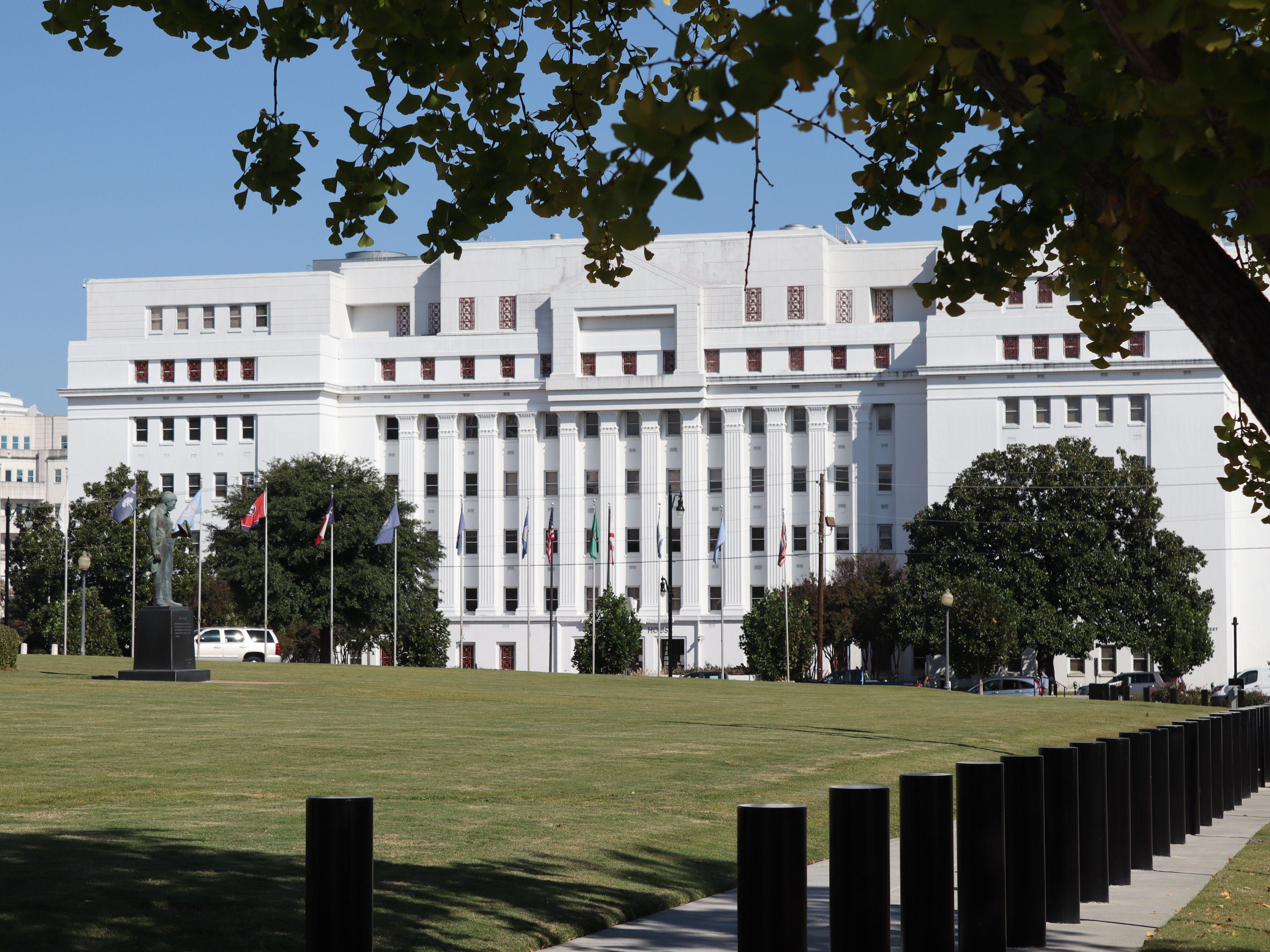The Senate Finance and Taxation Education Committee gave a favorable report to legislation that would cut taxes for thousands of small businesses.
House Bill 82 (HB82) is sponsored by State Rep. Danny Garrett (R-Trussville).
State Sen. Arthur Orr (R-Decatur) is the Chairman of the Committee.
“This is a targeted tax cut,” Orr explained.
The committee also gave a favorable report to Senate Bill 189 by State Sen. Garlan Gudger (R-Cullman). SB189 is the Senate version of HB82. Gudger will likely carry HB82 on the Senate floor.
HB82 allows for a one-month extension for corporate tax filers.
Currently, corporate filers have the same filing deadline as the federal government. Giving them more time will mean more accurate returns and fewer amended returns.
HB82 would provide an exemption of up to $40,000 of tangible business personal property from state ad valorem tax, beginning Oct. 1, 2023.
This is the tax that a business owner pays on all the chairs, tables, ovens, computers, tools, desks, furniture, etc. that it owns for the purpose of conducting the business, whether the business is making money or not.
The state collects $4 million from personal property taxes on business property.
An estimated 75% of business filers would no longer have to pay personal business property taxes to the state. Those businesses would still owe local business property taxes unless the local governments similarly raise the threshold.
It also provides that any amount of cancellation of indebtedness income resulting from loan forgiveness for disadvantaged farmers and ranchers, provided under Section 1005 of the federal American Rescue Plan Act (ARPA), shall not be treated as income under state income taxes.
The legislation also increases the threshold for sales tax collections for business filers that have to file sales taxes quarterly. Many more small businesses would just have to file annually.
The sales tax provision would apply to an estimated 2,500 businesses across the state.
HB82 also allows businesses to pay their tax bill in cash instead of a surety bond.
This bill is based on recommendations of the Small Business Commission.
The American Rescue Plan Act relief fund for disadvantaged farmers is limited to African American and other minority farmers.
According to the fiscal note, raising the cap on personal business property will “cost $2.02 million to the Public School Fund; $1.68 million to the State General Fund; and $670,000 to the Veterans Assistance Fund. This bill could also reduce receipts to any county or municipality that, by local ordinance or resolution, adopts the same exemption for local ad valorem taxes.” The bill provision exempting the federal payments to socially disadvantaged farmers will also cost the education trust fund budget by an undetermined amount of money.
Orr announced that the education budget will come up in the committee in two weeks.
The bill has already passed the House 99 to zero.
The bill now can be considered by the full Alabama Senate.
Thursday will be day 12 of the 2022 Alabama Regular Legislative Session.
To connect with the author of this story, or to comment, email brandon.moseley@1819News.com.










